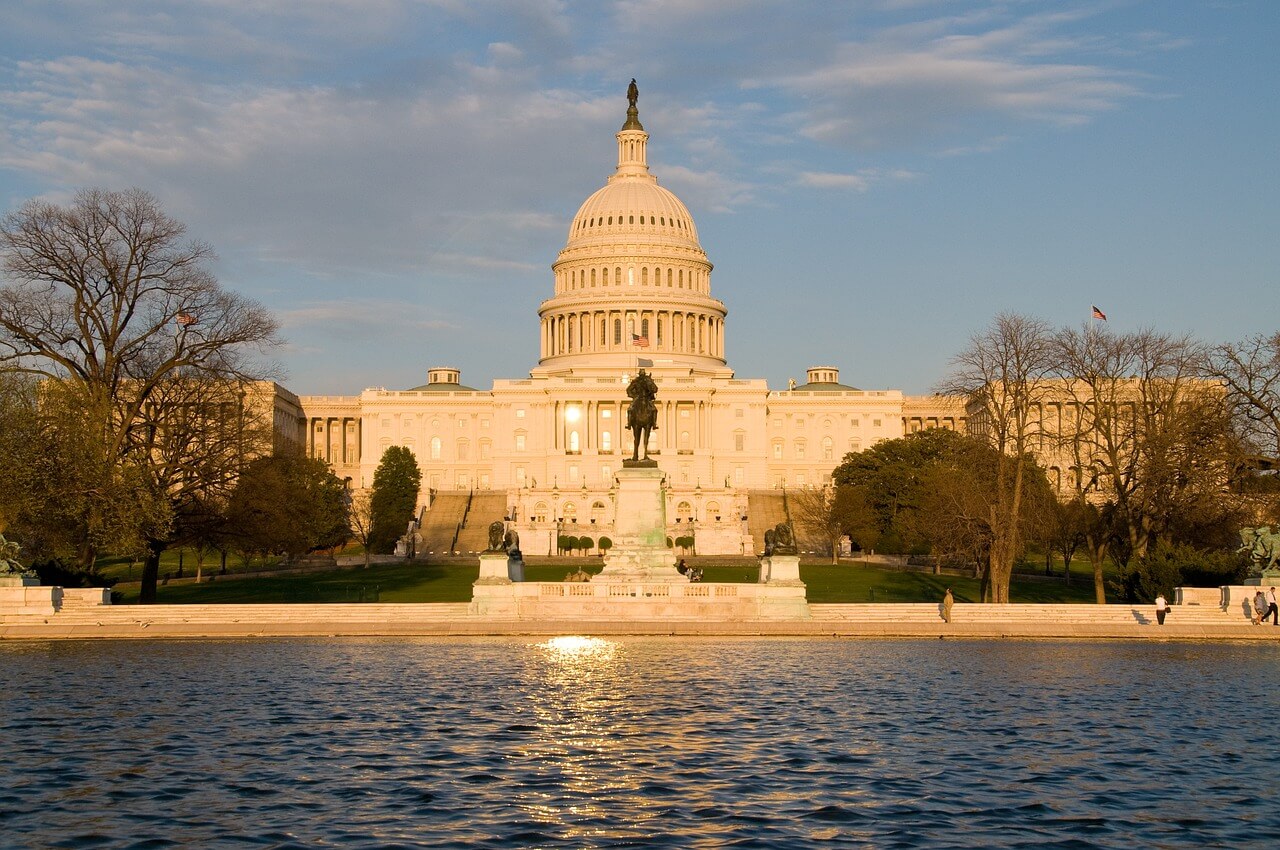Financial Regulators Urge Congress to Pass Crypto Legislation in New Report
Last updated: December 15, 2023 03:07 EST
. 2 min read

The Financial Stability Oversight Council (FSOC) has renewed its calls for Congress to pass crypto legislation, according to their annual report released Thursday.
Crypto vulnerabilities addressed
FSOC’s latest release reiterates its suggestion from last year’s report demanding greater regulation of spot markets crypto assets classified as non-securities and greater regulation of stablecoins overall.
The report encapsulates 14 different economic vulnerabilities and “makes recommendations to further enhance the integrity, efficiency, and stability of U.S. financial institutions and markets.”
In regards to crypto, FSOC noted a string of vulnerabilities, including “crypto-asset price volatility, the market’s high use of leverage, the level of interconnectedness within the industry, operational risks, and the risk of runs on crypto-asset platforms and stablecoins.”
Moreover, FSOC alleges the crypto market is facing a number of potential vulnerabilities, including “token ownership concentration, cybersecurity risks, and the proliferation of platforms acting outside of or out of compliance with applicable laws and regulations.”
A year of regulatory enforcement
The release of FSOC’s report follows a turbulent year for the crypto industry wherein a number of key players faced regulatory consequences.
In November, a jury found FTX founder Sam Bankman-Fried guilty of fraud after an intensive month-long trial where the disgraced “king of crypto” testified on his own behalf.
The same month, Binance founder Changpeng “CZ” Chao was charged with violating federal anti-money laundering regulations, prompting the then-CEO to step down from the company.
Most recently, the IRS has followed with a tax claim against the now bankrupt FTX seeking over $24 billion in restitution, threatening the chance FTX debtors will be able to get their funds back following the crypto exchange’s collapse.
Moreover, under new leadership from former Head of Regional Markets Richard Teng, Binance debuted the world’s first cryptocurrency triparty banking agreement which would allow customers of the exchange to keep collateral off-exchange in hopes of mitigating counterparty risk.
A “resilient” financial system
In remarks delivered alongside the release of FSOC’s 2023 report, U.S. Secretary of the Treasury Janet L. Yellen stated the U.S. financial system “remains resilient” but “vulnerabilities remain.”
“The resilience of the U.S. financial system in the face of this year’s global economic uncertainty and the banking sector distress of the Spring is a testament to the reforms implemented in the aftermath of the global financial crisis,” Yellen said. “Events over the past year continue to underscore the importance of the Council’s ongoing efforts to enhance the resilience of the financial system and monitor a wide range of vulnerabilities.”
FSOC’s report comes on the heels of greater conversation happening throughout Congress on how to successfully legislate and regulate cryptocurrencies, if at all. However, political gridlock and infighting may signal a long legislative winter that proves it challenging to pass any significant crypto legislation.
Image source: Pixabay




